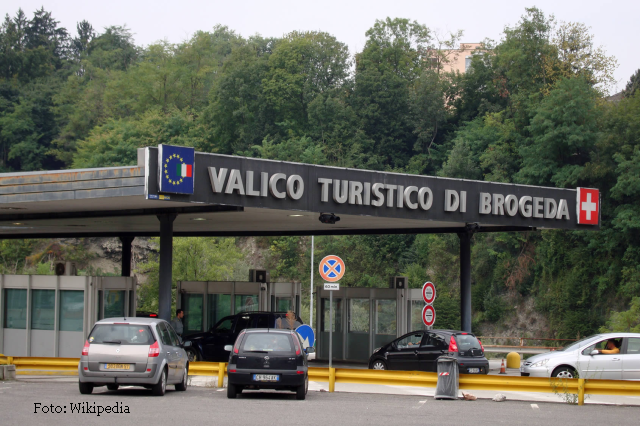EU-Switzerland Relationships after Referendum to Cap Immigration
The outcome of Sunday’s referendum in Switzerland initiated by the far right Democratic Union of Centre has caused a wave of reactions across Europe. 50.3% of Swiss voters were in favour of restricting immigration to their country, backing the reintroduction of a quota on immigration, especially from the European Union, and a strict control of the number of immigrants depending on the needs of the country’s economy, one of the strongest in Europe.

Serban Toader (谢芦宾), 10.02.2014, 14:00
The outcome of Sunday’s referendum in Switzerland initiated by the far right Democratic Union of Centre has caused a wave of reactions across Europe. 50.3% of Swiss voters were in favour of restricting immigration to their country, backing the reintroduction of a quota on immigration, especially from the European Union, and a strict control of the number of immigrants depending on the needs of the country’s economy, one of the strongest in Europe.
The government in Bern said it would take into account people’s wish and quickly put it into practice. The vice-president of the party that initiated the referendum, Oskar Freysinger, hopes the Swiss vote will be a source of inspiration for other European countries as well. The French far right was quick to respond, hailing the “Swiss people’s lucidity”, while the Austrian far right described the outcome of the vote as a great success. Italy’s populist Northern League party say they will be calling for a similar referendum in their country, while Britain’s UK Independence Party has welcomed the Swiss vote as “wonderful news for national sovereignty and freedom lovers”.
Four months ahead of the elections for the European Parliament, these reactions risk fuelling tensions among Europeans. The European Union has expressed its dissapointement and said it would reexamine its future relationship with Switzerland. With a population of 8 million people, Switzerland is not part of the Union, but has in place a number of bilateral agreements with the bloc and has agreed to open its labour market for Europeans following intense talks with the EU. In the opinion of the European Union, the Swiss referendum and its outcome contradict the principle of free movement governing these agreements.
According to the EU commissioner for justice, fundamental rights and citizenship Viviane Reding, more than two thirds of Europeans believe free movement is beneficial for their countries. Laszlo Andor, the commissioner for employment, social affairs and inclusion also noted that people go where the jobs are and that both migrant workers and their country of origin, as well as the host country stand to gain from this.
About 23% of the people in Switzerland are foreign and they are largely blamed for the country’s infrastructure problems and wage dumping. Many wonder what will Switzerland do without its foreign workers. Many Italian, French and Austrian citizens cross the border into Switzerland every day to work in specialised fields such as research, micromechanics, constructions and tourism. So according to many, Switzerland itself may be the biggest loser of Sunday’s referendum.






























